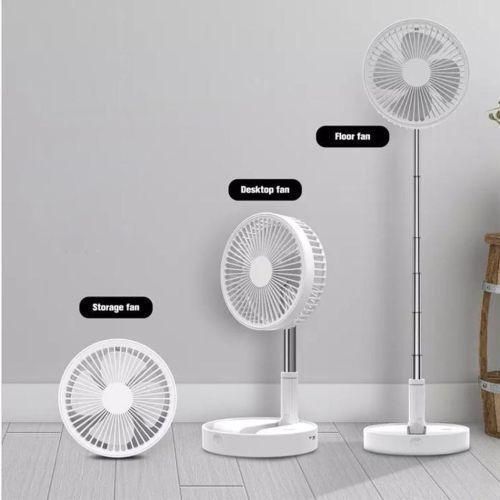
Reference: Anna Ajayi at Pulse Nigeria.
Nigeria’s electricity situation may not improve in a long, long time.

This 2025 we’ve all been waiting for, the power supply is still one of our biggest struggles. One day NEPA gives you light for 10 hours straight, and you’re like, “Wow, things are changing!” Then the next day? Complete darkness that lasts for three days. No warning. No explanation. Just heat, sweat, and frustration.
Nigeria’s electricity situation has been like this for decades. In the 1980s and ‘90s, it was common to hear “Up NEPA!” every time light came back, and till today, we’re still shouting it because reliable electricity is a luxury.
With the national grid collapsing more times than we can count and many people still relying on generators or torch lights, long power outages have become a harsh reality.
But how do you cope when the lights are out for days or even weeks? How do you stay sane and productive in a country that seems like it’s out to get you?
Here are some solid survival tips to help you out.
1. Get a rechargeable fan and lamp

Let’s start with the basics: heat. Nigeria’s weather isn’t playing with anybody, and during a power outage, the heat becomes unbearable. That’s why a rechargeable fan is a lifesaver. It won’t cool your room like an AC, but at least it’ll stop you from sweating like you’re in a sauna.
Pair that with a rechargeable or solar-powered lamp so you’re not left fumbling in the dark once the sun sets. These two tools are your survival combo.
In Nigeria, your phone is everything: communication, news, light source (flashlight), entertainment, even mobile banking. During a blackout, keeping it alive is a top priority. That’s why a solid power bank is a must-have.

Go for high-capacity options (20,000mAh and above) so you’re not constantly recharging. And if you can, get a solar-powered charger, so even if there’s no generator, you can still charge up during the day.
If you’re lucky enough to have a generator, don’t burn through your fuel in one day. Use it in short bursts. For example, a few hours in the evening to charge your devices, cool the room, or pump water.

Also, use energy-efficient bulbs and avoid running high-power appliances like freezers or electric cookers unless absolutely necessary.
One of the first things to go during long outages is water, especially if you rely on an electric water pump. That’s why it’s wise to always store water in jerry cans, buckets, or even big drums if possible.

You’ll need it for bathing, cooking, washing, and flushing. If you wait until the light goes before you start fetching water, you’ll quickly understand the real meaning of suffering.
A blackout of 24 hours or more, and everything in your fridge/freezer starts going bad. If you know the light may not return soon, eat perishable items early. Share with neighbours if you can’t finish it all.
Alternatively, store food in coolers with ice blocks (you can buy from local sellers), or invest in a small inverter or solar freezer if your budget allows. It might cost a bit, but it’ll save you money in the long run.

Being in the dark for days on end can mess with your head. The silence, boredom, heat, and stress can make anyone cranky. So, keep your mind busy. Download movies, podcasts, music, or e-books in advance. Although this is Nigeria, some of us sleep and wake up without light, which is funny, but that’s how some of us live here in this country. Play games, talk with family, or take short walks outside. Whatever you do, don’t just lie there staring at the ceiling in frustration.
Assume light won’t come back. Yes, it sounds pessimistic, but it works. When you assume that the light might not come back today or tomorrow, you start using resources more wisely: charging everything, fetching water, managing fuel, cooking smart meals, etc.
It’s better to be pleasantly surprised when the light comes back than caught off guard.
Nigeria’s electricity problems aren’t going away anytime soon. Even the President has thrown in the towel, switching to a solar-powered setup that cost billions of naira. That alone says a lot.
But just because the system’s failing doesn’t mean you must suffer every time the lights go out. With a few small changes, you can get through those long blackouts without losing your mind.